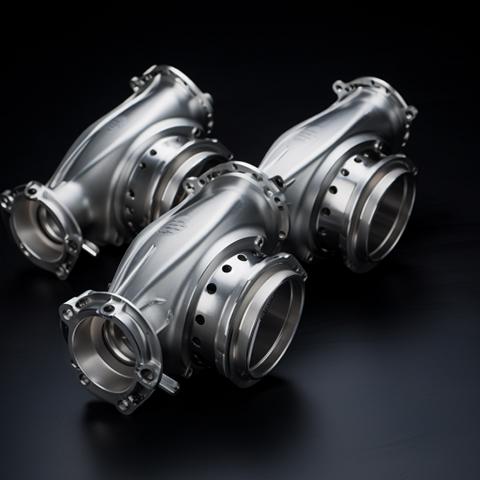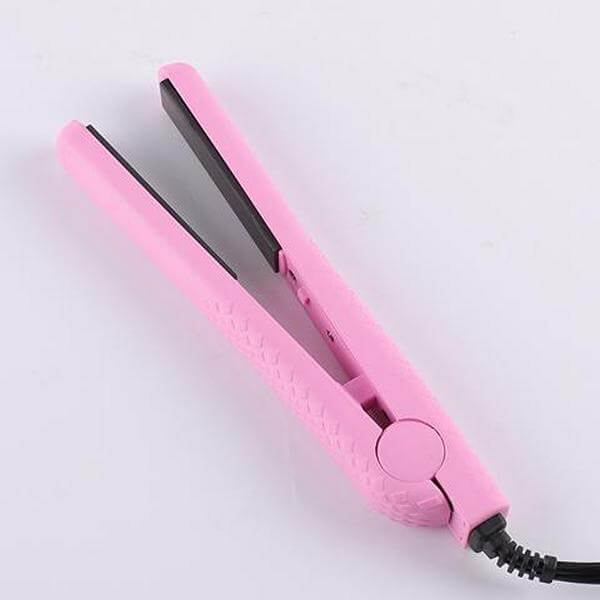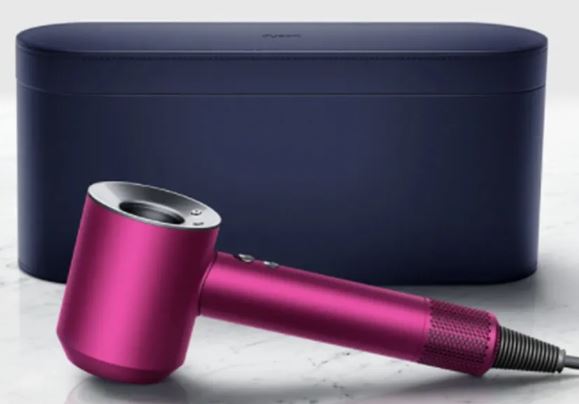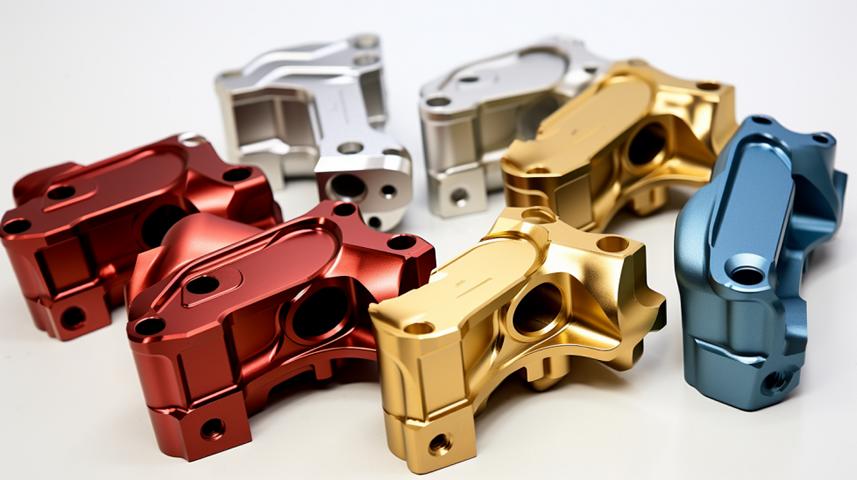
by admin | May 6, 2024 | die casting
What is Aluminum Die Casting Mold If you want to aluminum die casting parts, you need a precise aluminum die casting mold. During casting, the high-quality steel mould can handle the high temperature and pressure of the molten metal. It quickly and accurately makes...

by admin | Jan 30, 2024 | die casting
Magnesium Alloy Die Casting Unveiled In the realm of precision engineering and manufacturing, magnesium alloy die casting has emerged as a revolutionary process, redefining the landscape of lightweight, high-performance components. This article delves into the...

by admin | Jan 26, 2024 | die casting
Mastering Die Cast Mould Making for Precision Manufacturing Excellence In the intricate realm of manufacturing, Die Cast Mould Making stands as a cornerstone, dictating the precision and quality of the final products. GC Precision Die Casting, a leading player in the...

by admin | Jan 22, 2024 | die casting
The Olayer brand has an extremely well established reputation for manufacturing among the top hair straighteners available, and the Olayer flat iron Company Advanced Ceramic cold air Flat iron is one product that helps to build this reputation. The Olayer hair...

by admin | Jan 10, 2024 | die casting
The Growing Concern of Counterfeit Dyson Hair Dryers in China Dyson hair dryer china copy plays the important rules on the market as well. The Dyson hair dryer has revolutionized the way we dry and style our hair, with its cutting-edge technology and innovative...

by admin | Dec 30, 2023 | die casting
China Die Casting: A Manufacturing Powerhouse at Your Fingertips Die casting, a metalworking process that injects molten metal into a precisely machined mold under high pressure, has revolutionized modern manufacturing. And at the forefront of this revolution stands...






